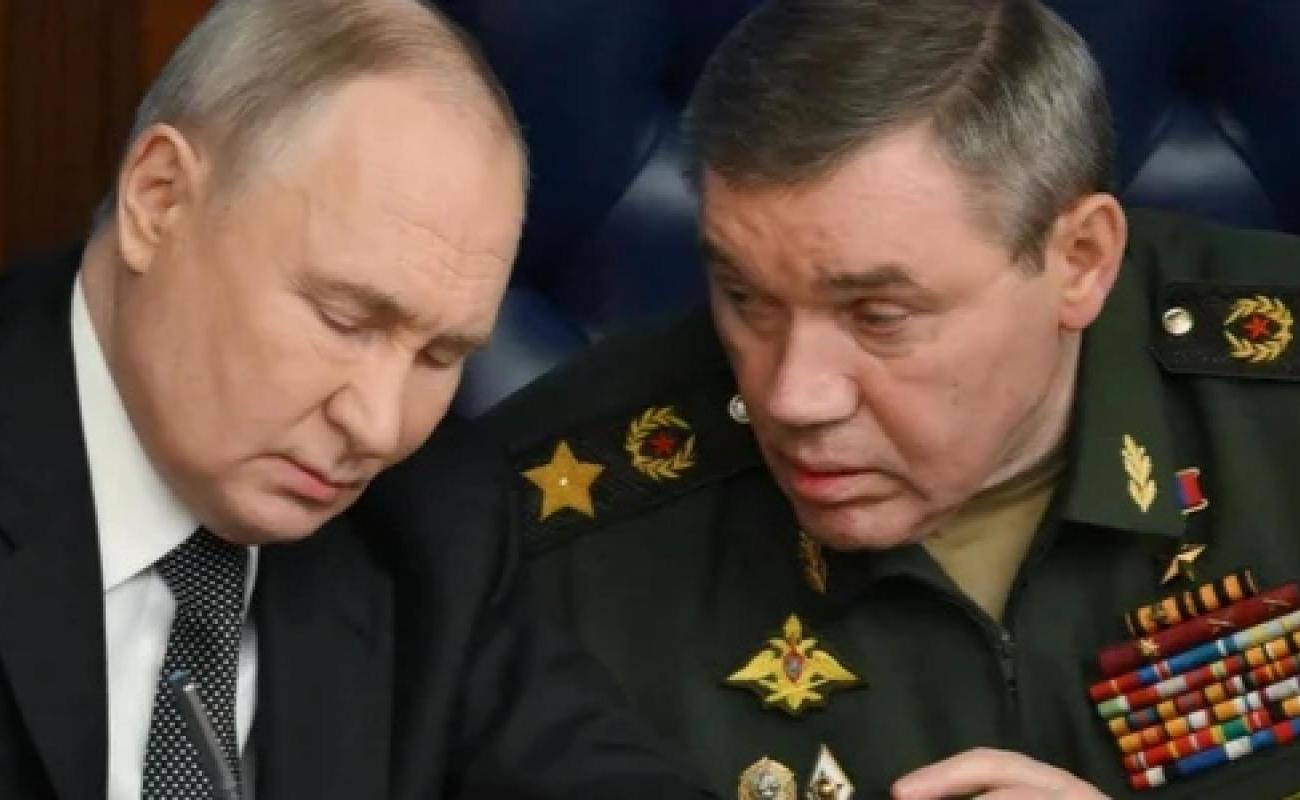Neither Russian security forces nor Putin are interested in negotiations in the near future

Despite reports from the Russian publication Meduza that Russian elites were allegedly disappointed by the Kremlin's inability to end the war against Ukraine in 2024, it seems that layers of the powerful Russian elite want to intensify rather than find a way out through negotiations
This is the conclusion of analysts of the Institute for the Study of War after information from insiders published by Meduza on January 9.
Specifically, as ISW points out, Medusa's material suggests that Russian security forces and the military may recognize that the Russian military is not making significant territorial gains commensurate with the manpower and equipment losses the Russians are experiencing in Ukraine. So far, the Russian command has suffered excessive manpower losses in exchange for tactical gains (but not operational achievements on the battlefield), ISW reminds. Therefore, Putin's "theory of victory" has, at least so far, been based on accepting such losses as long as Russian troops continue to advance in Ukraine, ISW experts remind.
They add that in December 2024, the average daily Russian advance into Ukraine slowed by about nine square meters — after the Russian army increased its territorial gains and manpower losses for three consecutive months (in September, October and November 2024). However, Russia's military command may be less prepared than Putin for such heavy casualties if the pace of Russian troop advances continues to slow, the ISW report said.
At the same time, judging by Medusa's data, Russian officials in the special services and armed forces of the Russian Federation are not ready to end the war because of these losses. According to the Russian publication's insiders, instead, "high-ranking security forces" are pushing for Putin to step up military efforts, calling for mobilization and a "full transition to military rails" — presumably in hopes of replenishing the battlefield with men and equipment, according to ISW .
The Institute for the Study of War continues to assess that Putin opposes the official partial mobilization of reservists or further mobilization of the Russian economy, as such decisions would be extremely unpopular with Russians and would further burden the Russian labor market and economy. Therefore, it remains unclear whether this group of Russian security and military officials, who are calling for further mobilization of manpower and economy, will succeed in persuading Putin to take more radical measures to meet the needs of the Russian military in Ukraine, notes ISW. At the same time, they assume that increasing personnel losses and increasing problems in achieving the goals of the hidden "voluntary" mobilization could force Putin to implement a partial recruitment of reservists in the near future.
ISW analysts also add that, judging by this attitude of the highest Russian powerful circles, they most likely believe that the lack of manpower is Russia's biggest obstacle to quick success on the battlefield (and not the ineffectiveness of the troops, the weak abilities of Russian commanders in planning campaigns and the significant lack of armored vehicles , which Russian troops are currently facing). However, the main factor currently causing Russia's relatively slow pace of advancement on the battlefield is not the lack of manpower, but the inability of the occupying forces to continue maneuver warfare, ISW emphasizes.
Russian troops have recently shown that they are capable of slow, difficult advances in infantry attacks on the Pokrovsky and Kurakhiv directions. But their inability to carry out fast mechanized maneuvers did not allow the occupiers to turn these tactical gains into a deep penetration into the Ukrainian rear [operational level], reminds ISW.
Analysts state that both Russian and Ukrainian forces are trying in vain to renew maneuver warfare on the battlefield, which is becoming more and more "transparent" due to the effect of drones. However, the Russian military will have to eliminate not only this problem, but also "critical deficiencies in its ability to train front-line commanders and plan military operations."
So, summarizes ISW, the Meduza report shows that the Russian security elite, like Putin himself, is not interested in resolving the war in the near future through peaceful negotiations. The article mentions that Russian elites are particularly focused on creating an "image of victory" in post-war Russia. ISW believes that this focus, combined with the elites' desire to escalate the war, "further indicates that Russian elites support Putin's desire to negotiate only on terms dictated by Russia and achieve a significant victory to justify the war to Russian society." Putin and other senior Kremlin officials have repeatedly indicated that Russia is unwilling to participate in fair and meaningful peace talks - except under conditions equal to the full surrender of Ukraine, ISW points out. Therefore, the Russian elite will most likely continue to support Putin's demands regarding the participation of the Russian Federation in such negotiations.
